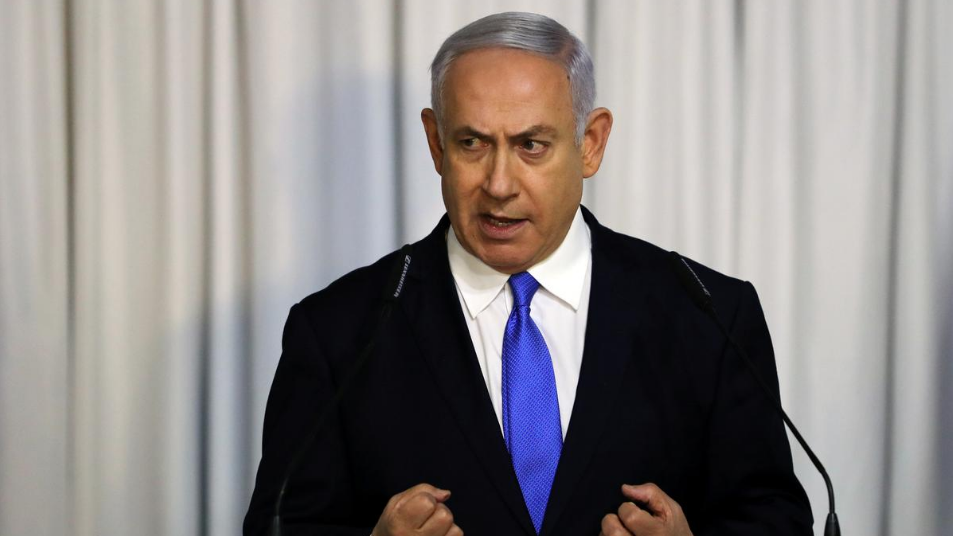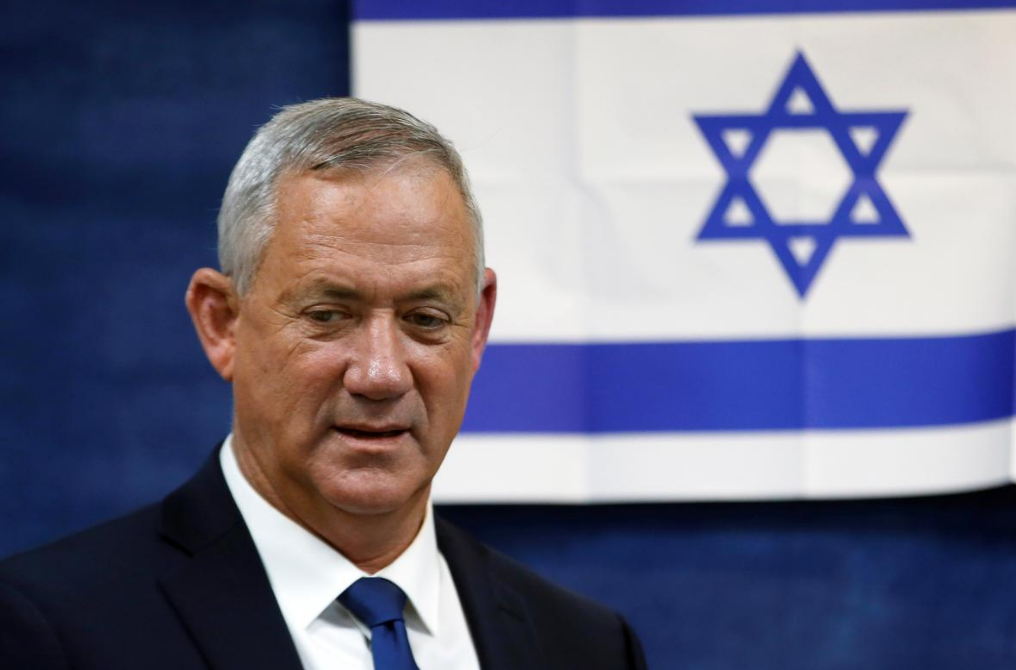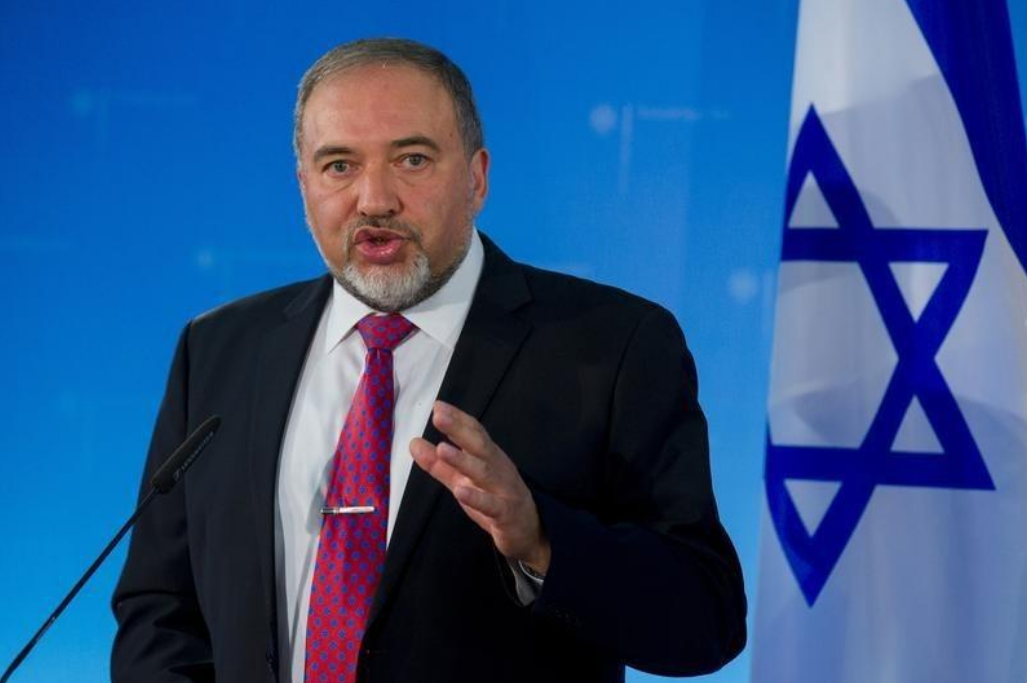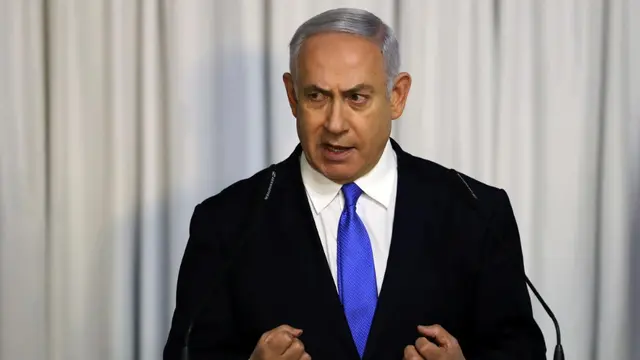
Israeli Prime Minister Benjamin Netanyahu gives speaks to media in Tel Aviv, Israel, February 21, 2019. /Reuters Photo
Opinion polls on Monday showed that Israel's political gridlock may persist after the upcoming legislative elections.
A poll released by News 13 TV channel predicts the centrist Blue and White party, headed by former chief of staff Benny Gantz, will gain 36 seats. The Likud, Prime Minister Netanyahu's right-wing party, is expected to gain 33 seats.
According to the survey, the 33 seats combined with the seats gained by the parties expected to join Netanyahu's right-wing coalition will only amount to 54, which still falls short of a majority in the 120-seat parliament. Among these parties the religious Zionist alliance Yamia is to get seven seats, while ultra-orthodox parties Shas and United Torah Judaism are each to receive seven Knesset seats.
Albeit widening its lead over Likud, the Blue and White party will also not be able to cobble together a coalition with the Israeli left. The aggregated seat gains on this side are projected to be 58, which has already included the Arab-Jewish joint list with 14 seats.

Leader of the Blue and White party Benny Gantz looks on as he arrives to vote in Israel's parliamentary election at a polling station in Rosh Ha'ayin, Israel, September 17, 2019. /Reuters Photo
But whether or not the joint list will join or even support Gantz's coalition is largely unknown, as Gantz has expressed his refusal to rely on Arab parties and announced intentions to annex the Jordan Valley, a move that would tremendously upset Israeli Arabs and disincentive Arab parties' support.
The right-wing Yisrael Beiteinu party led by Avigdor Liberman, a political heavyweight considered to be the kingmaker in both previous elections, is predicted to get eight seats. Previously a traditional ally of the Likud party, Liberman is now increasingly uncomfortable with the ultra-orthodox elements within the right-wing coalition, which was one of the main reasons why he decided not to join hands with Netanyahu. Meanwhile, as a staunch annexation supporter, he also refuses to be included in any government with the presence of left-wing parties. The only scenario in which he would lend his support is a national unity government made up by both Likud and Blue and White, an idea which was also entertained before but didn't come intro fruition.

Avigdor Lieberman speaks during a news conference after talks with his German counterpart Frank-Walter Steinmeier in Berlin, Germany, June 30, 2014. /Reuters Photo
Netanyahu is now shuttling between the PM's office and the court as he is facing three corruption charges. As he has given up the quest for immunity, the trial will have to run its course as per Israeli law.
"One interesting poll says that a significant plurality of Israelis believe that one can't continue to function as prime minister while being on trial for serious offenses,"Bruce Maddy-Weitzman, senior fellow at the Foreign Policy Research Institute's Program on the Middle East, said in an interview with CGTN.
His pledge to push through the recently unveiled "Deal of the Century" also failed to translate into a swing of opinion to his advantage.
"Although Trump's peace proposal was designed to burnish Netanyahu's standing in the upcoming elections, the Israeli public isn't going to change its view about Netanyahu, and the results of the next election will be broadly the same as before, with neither bloc achieving a majority," Maddy-Weitzman added.
The March elections will be the third such elections since early 2019. Both elections held last year were unable to produce a coalition government that requires a majority support in the Knesset.
 简体中文
简体中文

